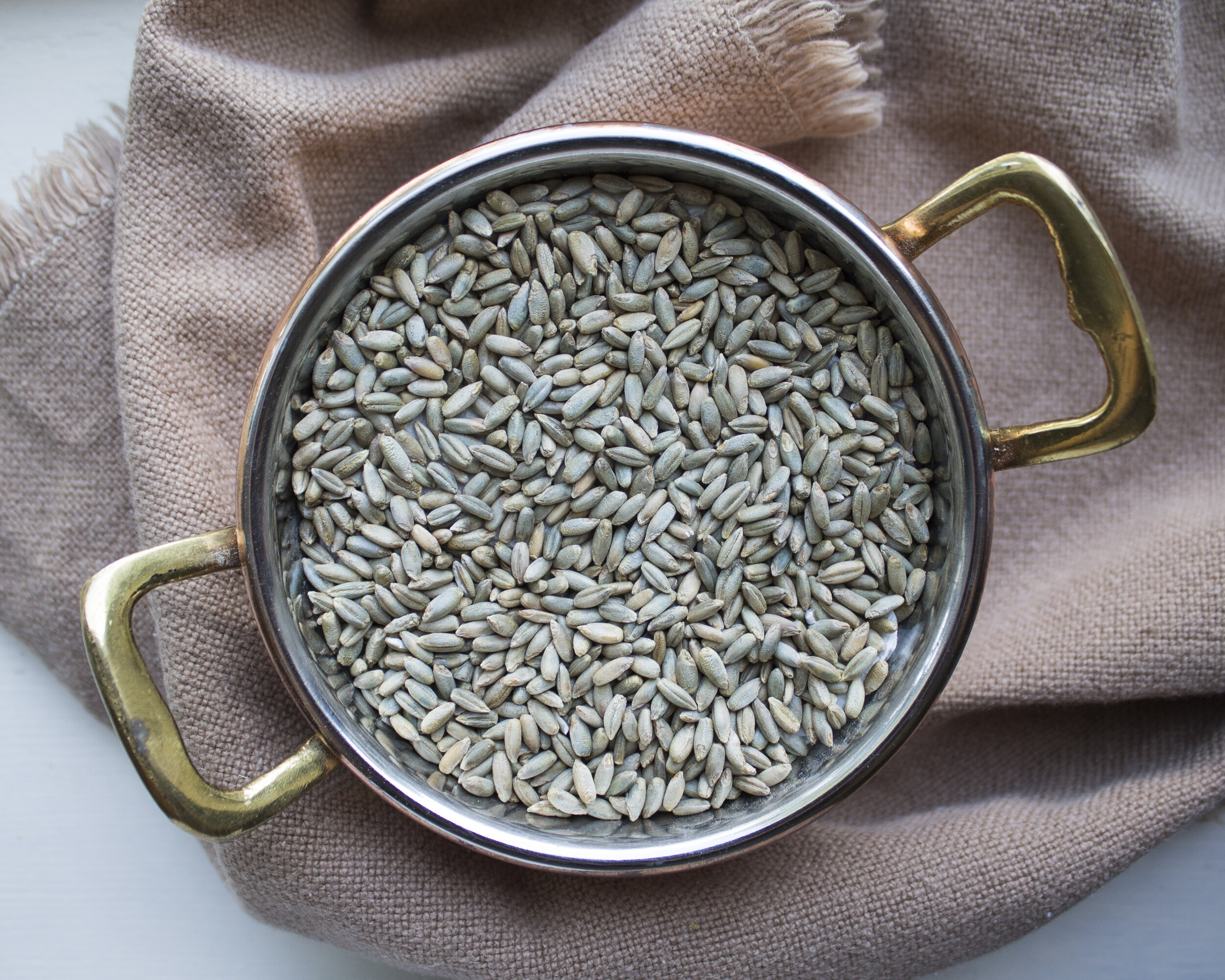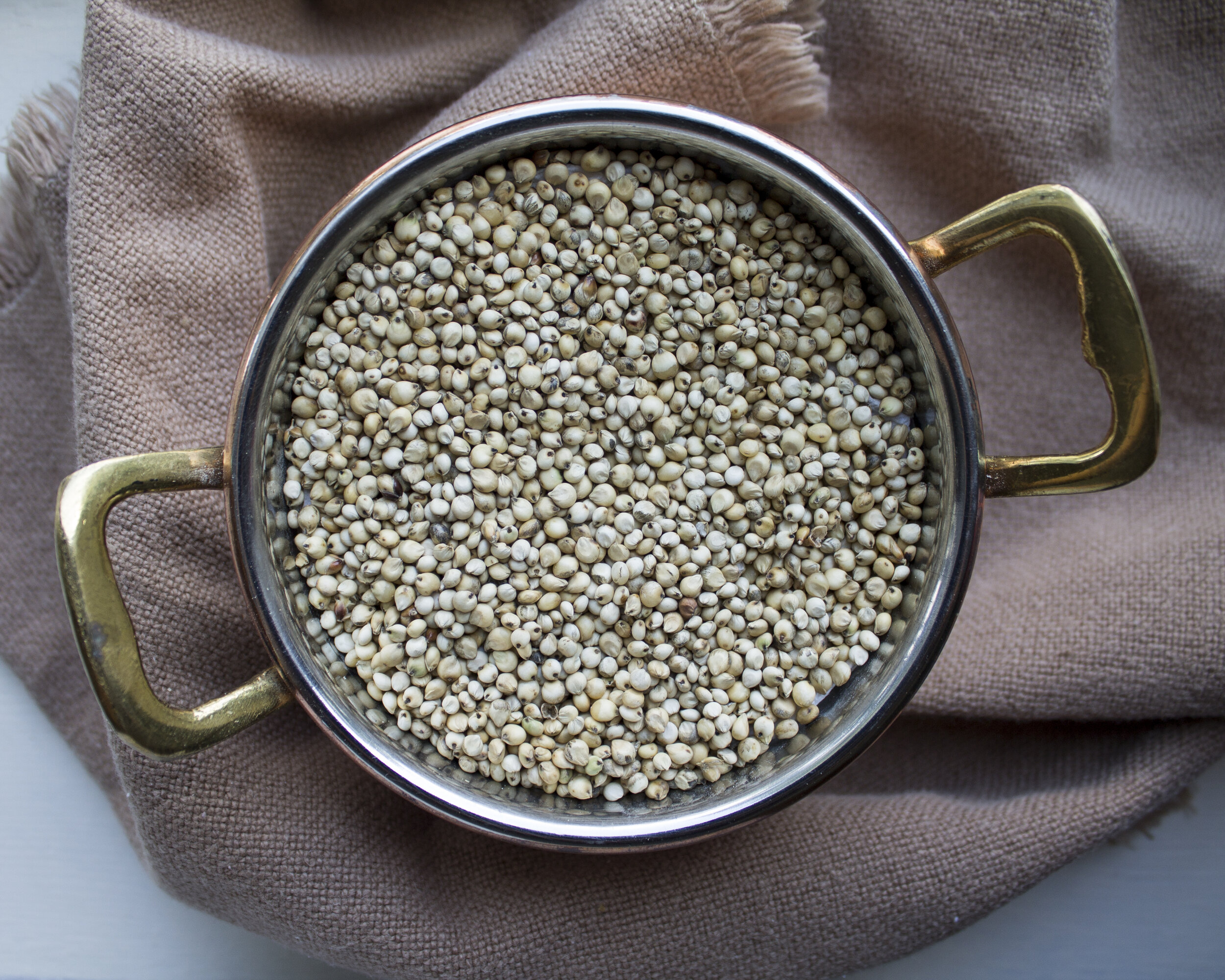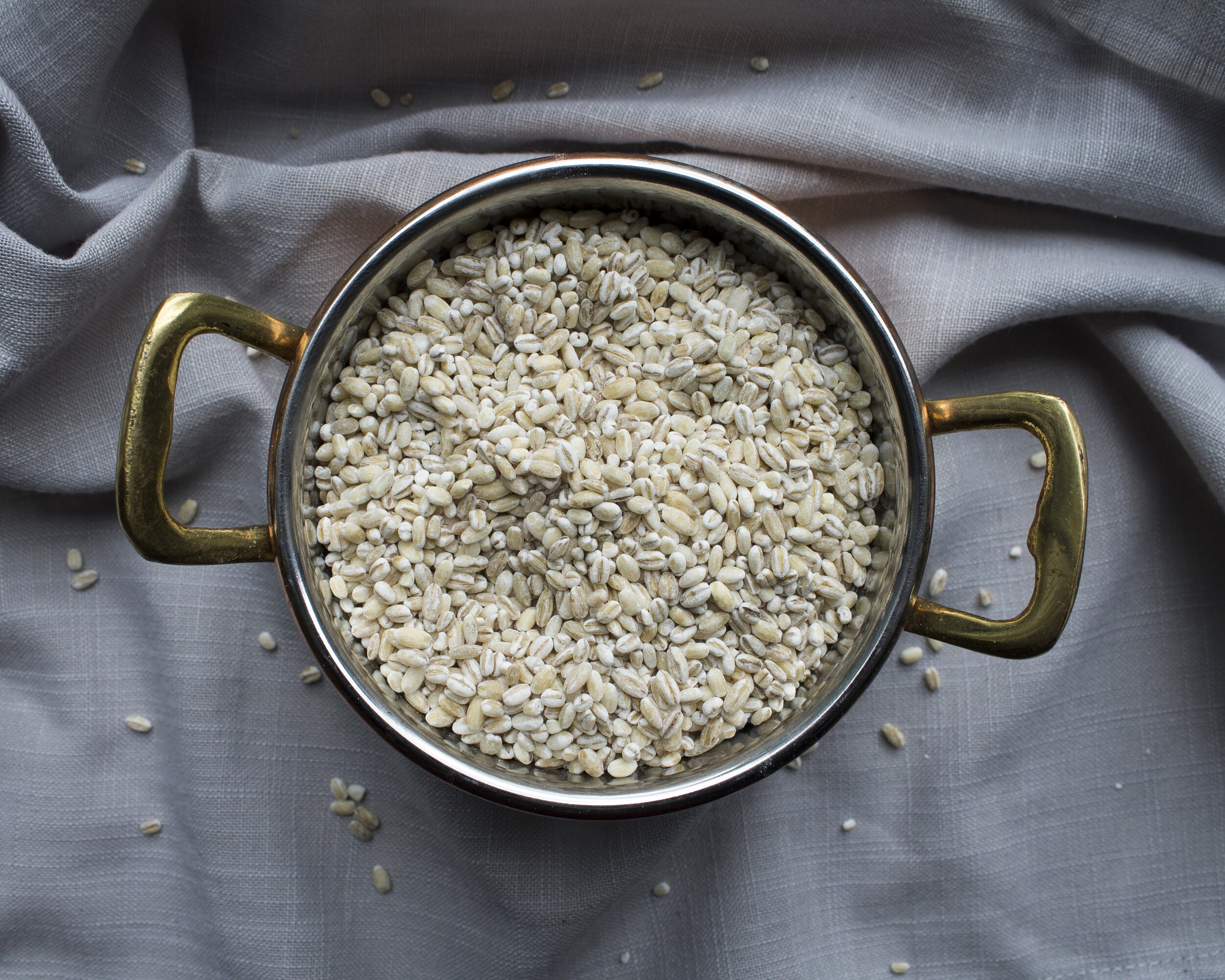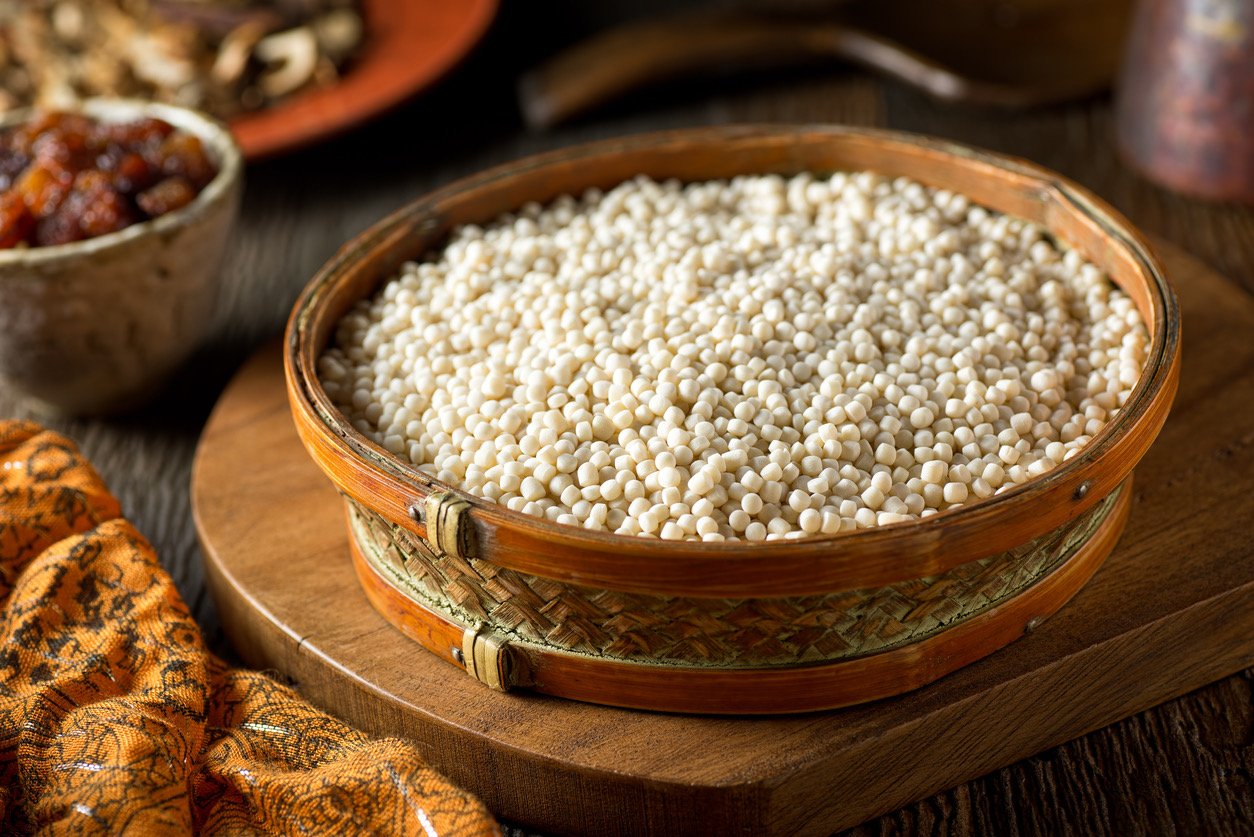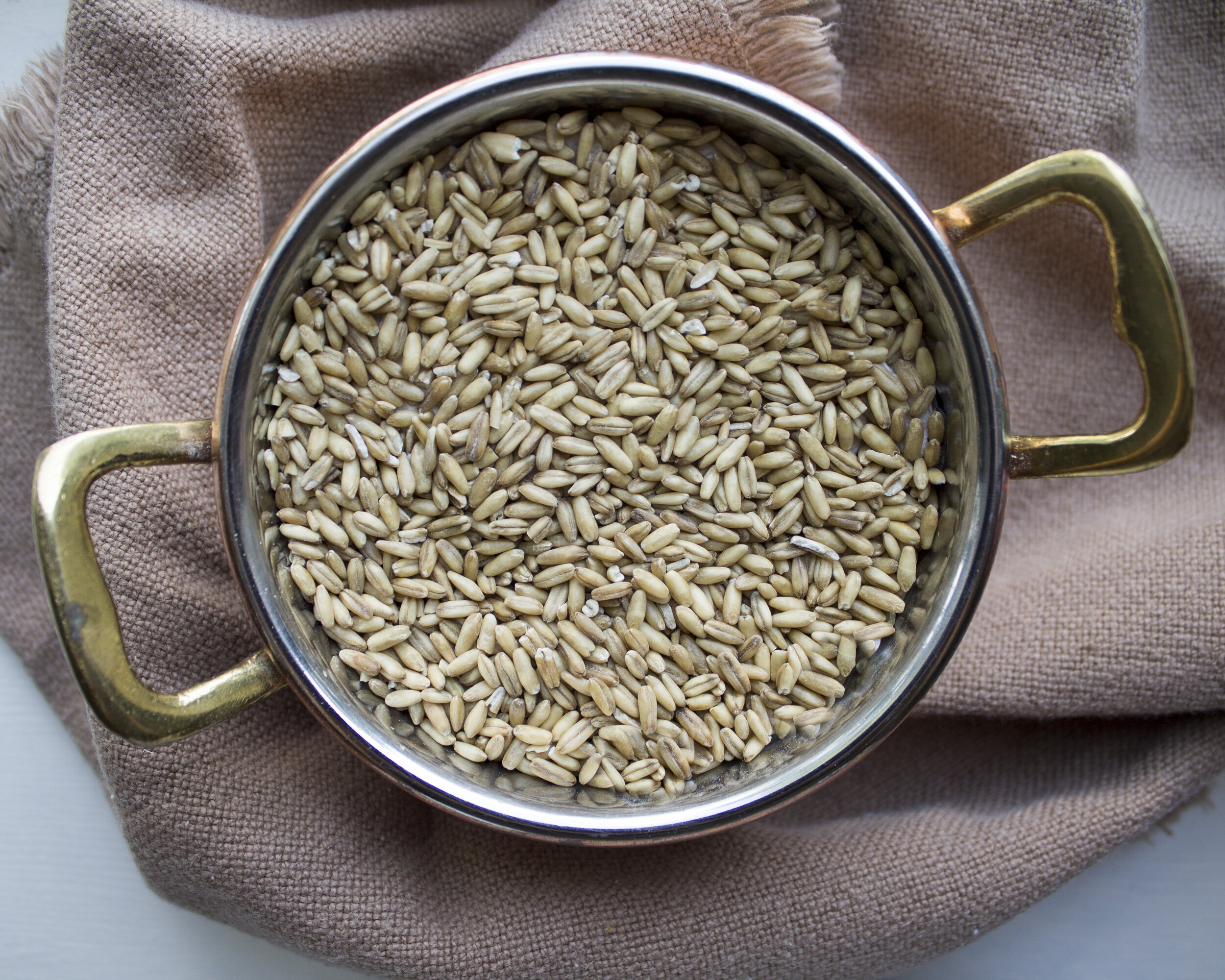Rye whole organic
Rye is not gluten free, but has great flavour and retains its nutrients than wheat. Rye is good source of fibre and widely popular in making rye bread and rye whiskey. Rye berries are chewy and can be used in stews, soups, and milled into flour to make rye bread.
Whole grains are best stored in an airtight container in a cool place. They can be stored up to a year in the freezer or 6 months in the pantry. Whole grain flour is best stored in the freezer. If the grains or flour have a rancid smell, it’s best to buy a fresh batch.
Rye is not gluten free, but has great flavour and retains its nutrients than wheat. Rye is good source of fibre and widely popular in making rye bread and rye whiskey. Rye berries are chewy and can be used in stews, soups, and milled into flour to make rye bread.
Whole grains are best stored in an airtight container in a cool place. They can be stored up to a year in the freezer or 6 months in the pantry. Whole grain flour is best stored in the freezer. If the grains or flour have a rancid smell, it’s best to buy a fresh batch.
Rye is not gluten free, but has great flavour and retains its nutrients than wheat. Rye is good source of fibre and widely popular in making rye bread and rye whiskey. Rye berries are chewy and can be used in stews, soups, and milled into flour to make rye bread.
Whole grains are best stored in an airtight container in a cool place. They can be stored up to a year in the freezer or 6 months in the pantry. Whole grain flour is best stored in the freezer. If the grains or flour have a rancid smell, it’s best to buy a fresh batch.

